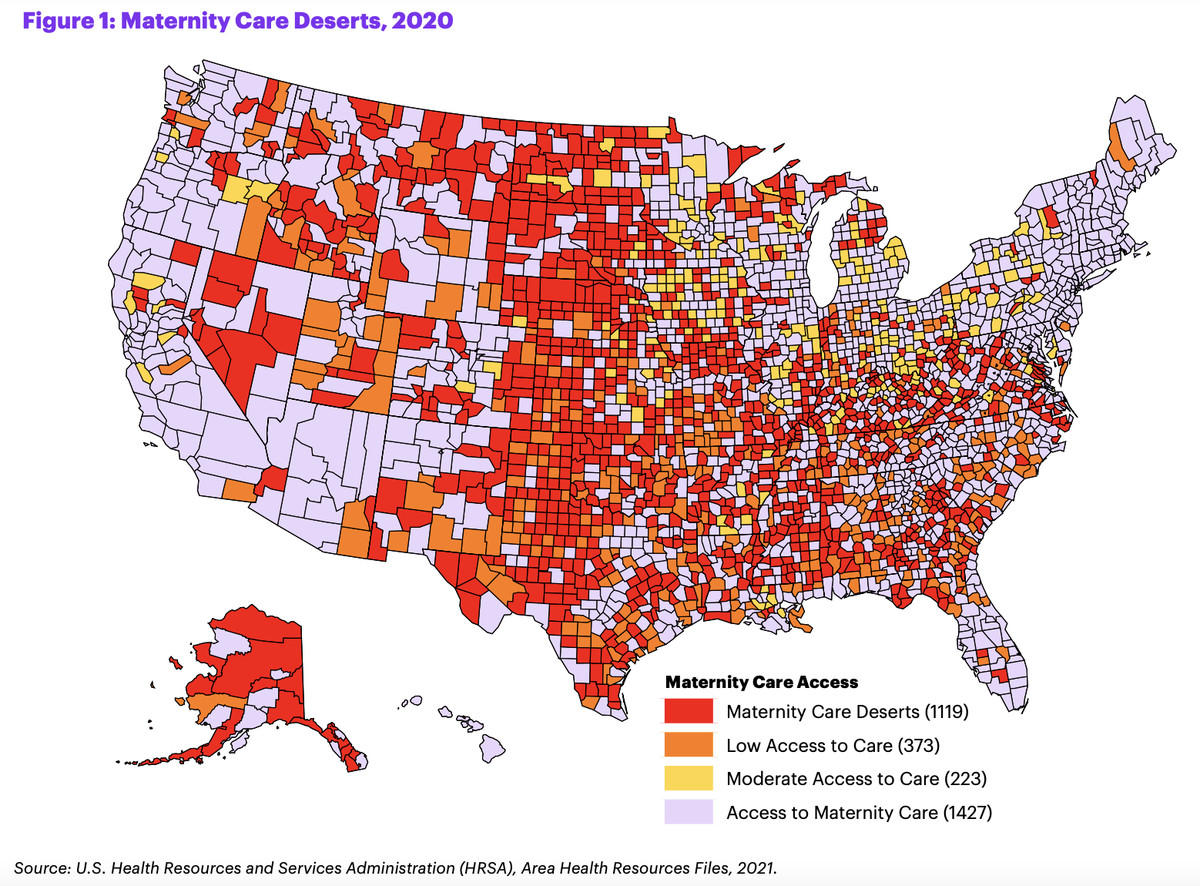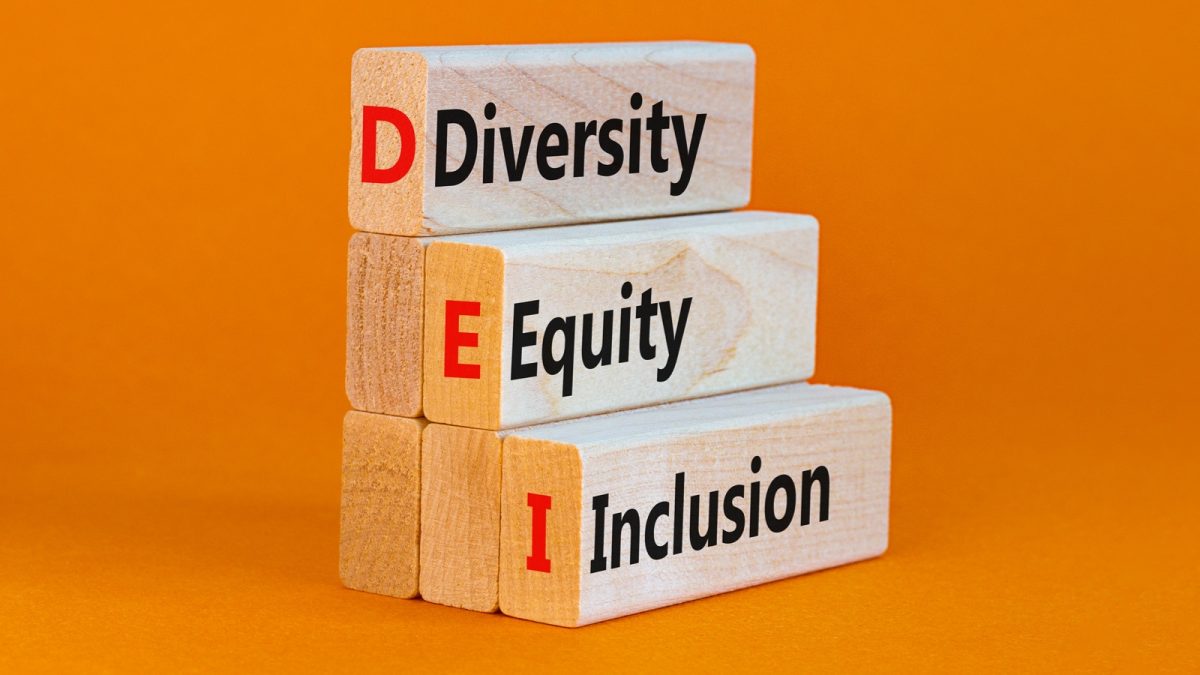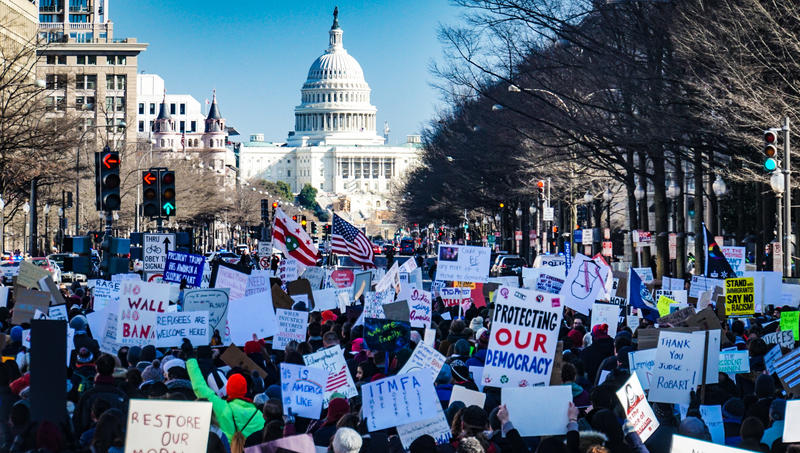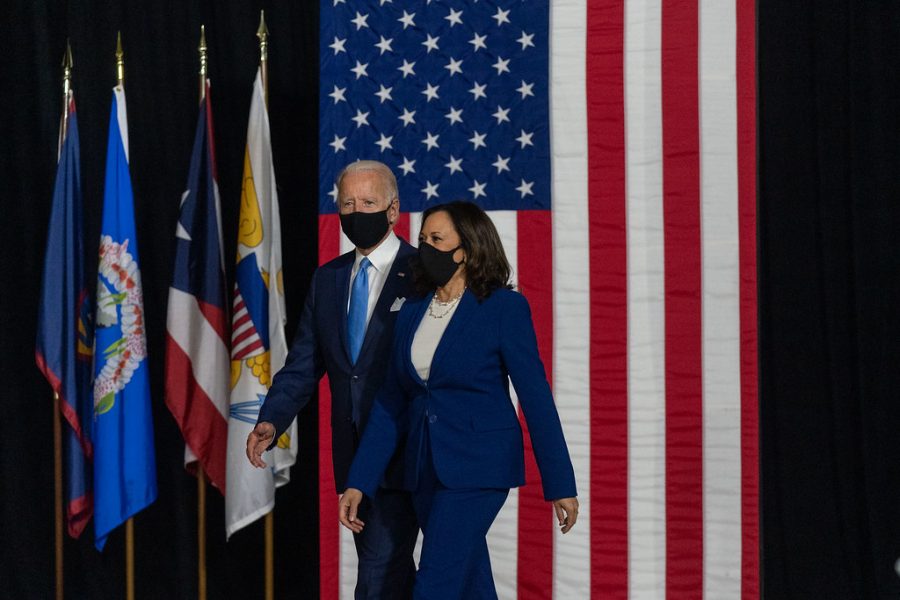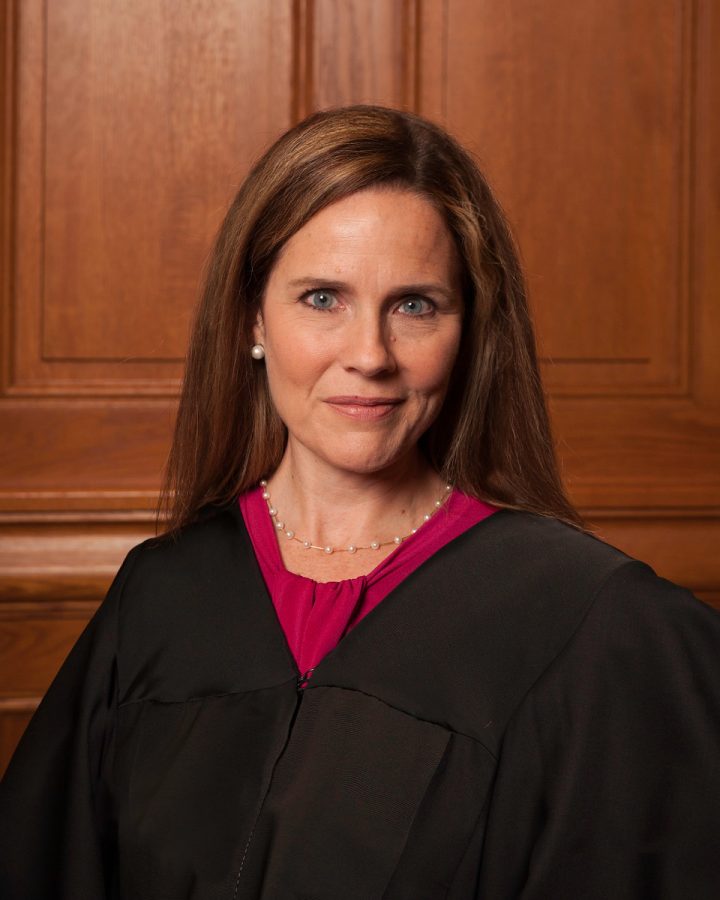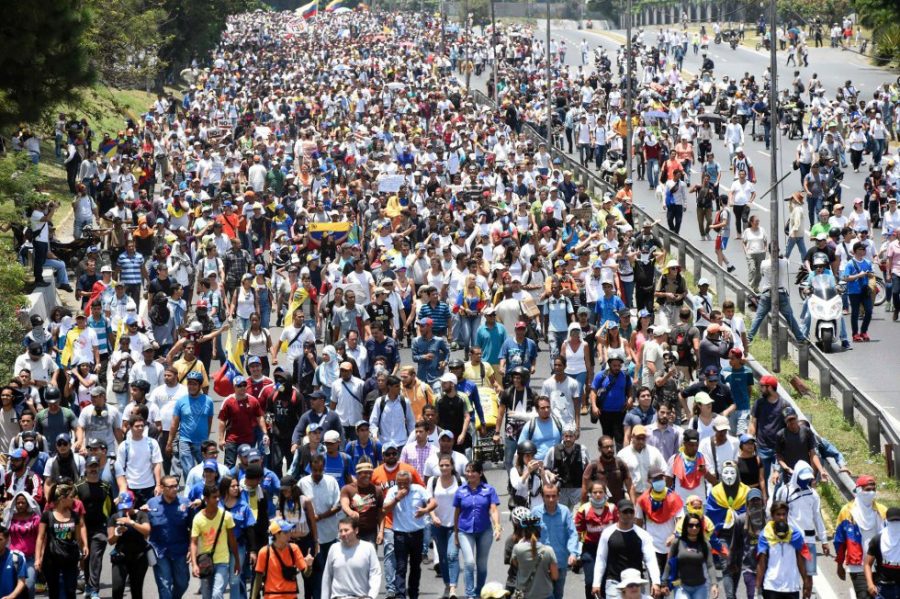By José Cadena
At least we all hated something from 2016: the Fort McMurray fire, the Zika Virus destroying communities, the refugee crisis provoked by the disgusting war in Syria, the stupid and senseless Brexit, Matteo Renzi resigning because of that poorly planned referendum, Colombians saying no to the peace, the Dakota Access pipeline conflict, violence increasing among the police and minorities in the country, a crony capitalist who claims climate change is a hoax elected as president…and the cherry on top, dozens of dead celebrities and creepy clowns; however, we must not dwell in pessimism and recognize the people that became promises for a brighter political future.
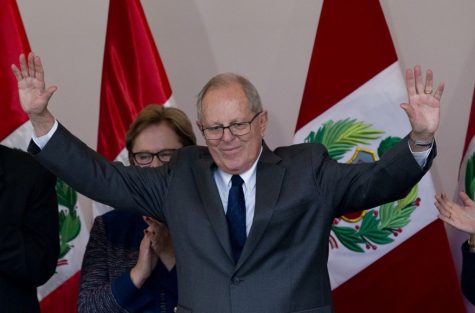
On July 28, the conservative candidate Pedro Pablo Kuczynski (aka: PPK) became the president of Peru at the age of 78. He has a long history as a politician, economist and academic. Educated in Markham, Rossall School, Oxford and Princeton, PPK has built a long and strong career in the private and public areas. He has worked in the mining sector and was a directive member for multiple international companies. At the age of 22, he was recruited by The World Bank, being the youngest employee in the history of the organization. He gave economic advice to the governments of eight countries in Latin America. In government, PPK served as Manager of the Central Reserve Bank of Peru, Minister of Energy and Mines, Minister of Economy and Finances and President of the Council of Ministers of Peru. He also studied music at the Royal College of Music in England and the Conservatorium of Switzerland. There’s no question that PPK is highly experienced and prepared.
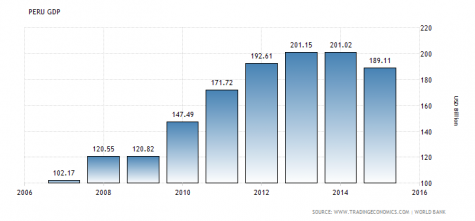
Peru is a country with a massive list of problems; crime and violence prevail, and it is the second largest producer of cocaine in the world, according to Associated Press’s Bo Mathiasen, the Colombian representative in the UN Office of Drugs and Crime. Nevertheless, it has shown a huge economic evolution over the last decade, in great part due to the excellent administration under the PPK as the Minister of Economy and the policies of prudent fiscal spending and external debt reduction. Now Peru is one of the fastest-growing economies, according to The World Bank; in 2012, the GDP grew 6.3 percent.
After a endless list of political disappointments over the last two decades in Latin America, I see a Peru with a bright future, and a leader that will bring economic stability to this new Latin American power.
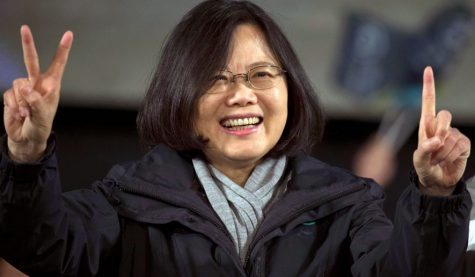
The next on the list is the new president of the Republic of China (Taiwan) Tsai Ing-wen, who graduated from the National Taiwan University in 1978, finished Cornell Law School in 1980, and earned her Ph.D. at London School of Economics in 1984. Ing-wen taught law at School of Law of Soochow University and National Chengchi University until 2000. She was appointed as trade-policy adviser in the administration of Pres. Lee Teng-hui. One of her most impressive achievements was negotiating the involvement of Taiwan in the Word Trade Organization, especially because Taiwan is the largest economy that isn’t a member of the United Nations. In 2004, she officially became a member of the Democratic Progressive Party (DPP), although she was a de facto member since 2000, when at the time the president Chen Shui-bian by the DPP appointed her as chair of the Mainland Affairs Council, who are responsible for the relationships between Taiwan and China. This liberal party advocates for the Independence of the Island. Tsai-wen who became president of Taiwan in May 20 also rejects the idea of One China.
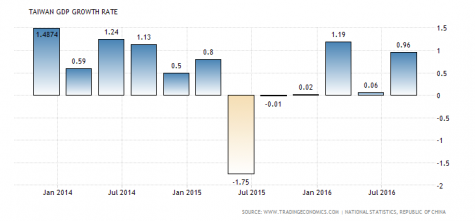
Her presidency has big challenges to overcome, such as the economic recession that the last president Ma Ying-jeou left. Her approval ratings already are in the toilet, dropping to 41.4 percent mainly because she hasn’t achieved her campaign promises, according to the latest poll by the Taiwanese Public Opinion Foundation. Not everyone can openly attack the decisions made by the Chinese government, which has machines of propaganda against her, such as the Chinese press suggesting that she is “emotional” because she is unmarried. However, Taiwan does seem to have an expansion in their GDP, the unemployment rate is just 3.84 percent and the average Taiwanese has an average income of more than 25,000 American dollars, having a poverty rate of less than 1.5 percent.
Although Ing-wen has many challenges, I believe this Asian tiger is proven to keep increasing their sustainable development.
Last but not least, the former Portuguese Prime Minister Antonio Guterres was appointed the first UN Secretary General in January. Guterres was born and raised in the António de Oliveira Salazar’s right-wing dictatorship. He studied in Camões Lyceu, and he graduated in 1965, being recognized with the National Lyceums Award as the best student of the country. He then earned a major in Physics and Electrical Engineering at IST, the most prestigious university in Portugal in this field. In 1974, he became a member of the Socialist party. Guterres was an academic member of the Carnation Revolution, which brought democracy back to Portugal after more than four decades of authoritarianism.
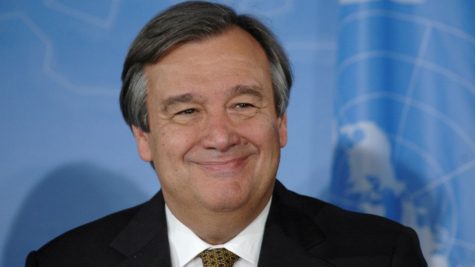
He served as the Secretary of State of Industry, as Deputy in the Parliament (proportional to a US Representative), and leader of the bench of the Socialist Party in the aforesaid institution. He negotiated Portugal’s entrance to the EU and founded the Portuguese Refugee Council. Between 1995 and 2002, he served two terms as Prime Minister of his country. In the first one (1995-99), he gained popularity, especially because of the GDP expansion. In this term, he also showed being conservative in social issues, which contrasted with the ideology of his party. For instance, he voted against the liberalization of abortion in a 1998 referendum, and in 1995 he publicly stated that he dislikes homosexuality. In 2005, he became the tenth United Nations High Commissioner for Refugees, and it was in his hand to handle the Migrant Crisis; just in 2015, 1.3 million refugees arrived in Europe, and this unleashed a lot of criticism against Guterres, increasing the popularity of xenophobic and islamophobic political parties; however, this doesn’t change the fact that more than one million lives were saved in that year.
The excellent article written by Angelique Chrisafis and Julian Borger “Will António Guterres be the UN’s best ever secretary general?”, published in The Guardian, covers how he always ruled with both humanism and common sense; this can be shown by his campaign slogan in 1995, “Heart and Reason.”
I have high hopes that Guterres will lead to a better structure in United Nations. As well as better understanding among nations.

